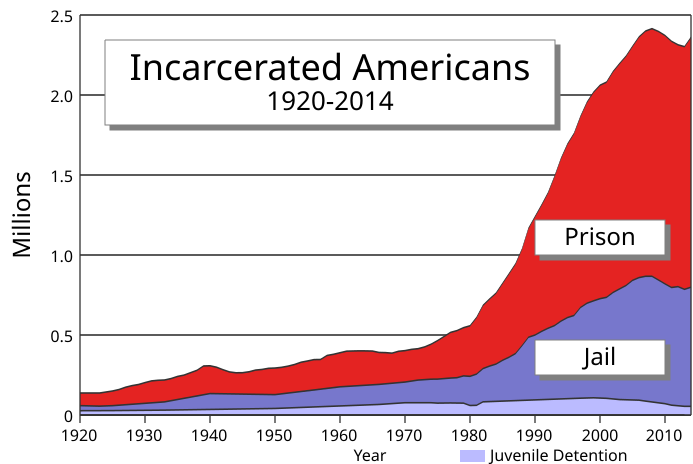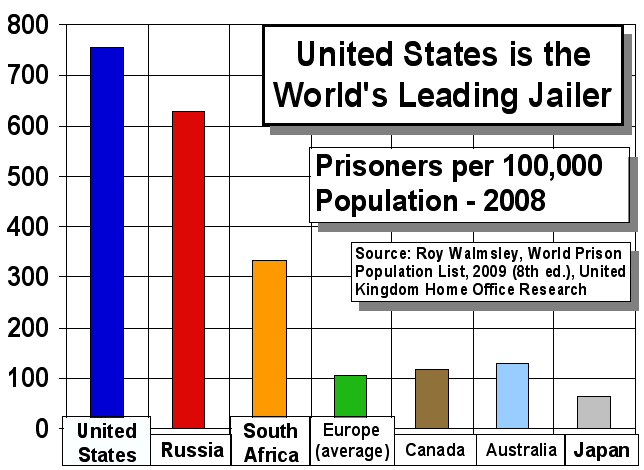As the fall campaign lurches to a start, the Republican playbook for the 2012 election has been leaked exclusively to us here at Runes by special courier. The author, identified only as "Nick," is reportedly in seclusion and was unavailable for comment.
Here are some excerpts from Nick's playbook, which is now available at select bookstores and online:
UPDATE (9/3/12): Author identified
And the author? Further investigation by Runes reveals that these passages are from The Prince and other works by Niccolò Machiavelli (1469-1527). Machiavelli's wise counsel is neatly summarized in his most infamous expression: "The end justifies the means."

In the interest of being evenhanded, Macchiavelli offers some slightly less cynical counsel, also from The Prince, for Barack Obama in the event that he's re-elected:
Here are some excerpts from Nick's playbook, which is now available at select bookstores and online:
“Occasionally words must serve to veil the facts. But let this happen in such a way that no one becomes aware of it; or, if it should be noticed, excuses must be at hand to be produced immediately.” [Note: The Romney/Ryan campaign has replaced the author's "occasionally" with "invariably," but otherwise the original text remains intact. Here's a recent example, courtesy of Paul Ryan.]The Republican road map for success continues with detailed observations and suggestions like the following:
“If you only notice human proceedings, you may observe that all who attain great power and riches, make use of either force or fraud; and what they have acquired either by deceit or violence, in order to conceal the disgraceful methods of attainment, they endeavor to sanctify with the false title of honest gains...[N]or do any ever escape from servitude but the bold and faithless, or from poverty, but the rapacious and fraudulent. God and nature have thrown all human fortunes into the midst of mankind; and they are thus attainable rather by rapine than by industry, by wicked actions rather than by good. Hence it is that men feed upon each other, and those who cannot defend themselves must be worried.”
____________________________________
"For this reason a [leader] ought to take care that he never lets anything slip from his lips that is not replete with the above-named five qualities, that he may appear to him who sees and hears him altogether merciful, faithful, humane, upright, and religious. There is nothing more necessary to appear to have than this last quality, inasmuch as men judge generally more by the eye than by the hand, because it belongs to everybody to see you, to few to come in touch with you. Every one sees what you appear to be, few really know what you are, and those few dare not oppose themselves to the opinion of the many, who have the majesty of the state to defend them; and in the actions of all men, and especially of [leaders], which it is not prudent to challenge, one judges by the result.”
____________________________________
“Therefore it is unnecessary for a [leader] to have all the good qualities I have enumerated, but it is very necessary to appear to have them. And I shall dare to say this also, that to have them and always to observe them is injurious, and that to appear to have them is useful; to appear merciful, faithful, humane, religious, upright, and to be so, but with a mind so framed that should you require not to be so, you may be able and know how to change to the opposite.”
____________________________________
"For the great majority of mankind are satisfied with appearances as though they were realities. and are often more influenced by things that seem than by those that are."
____________________________________
"The [leader] never lacks legitimate reason to break his promise."
____________________________________
UPDATE (9/3/12): Author identified
And the author? Further investigation by Runes reveals that these passages are from The Prince and other works by Niccolò Machiavelli (1469-1527). Machiavelli's wise counsel is neatly summarized in his most infamous expression: "The end justifies the means."
In the interest of being evenhanded, Macchiavelli offers some slightly less cynical counsel, also from The Prince, for Barack Obama in the event that he's re-elected:
“It ought to be remembered that there is nothing more difficult to take in hand, more perilous to conduct, or more uncertain in its success, than to take the lead in the introduction of a new order of things. Because the innovator has for enemies all those who have done well under the old conditions, and lukewarm defenders in those who may do well under the new. This coolness arises partly from fear of the opponents, who have the laws on their side, and partly from the incredulity of men, who do not readily believe in new things until they have had a long experience of them.”It's easy to predict that Nick's influence on this election cycle has only begun to blossom.





